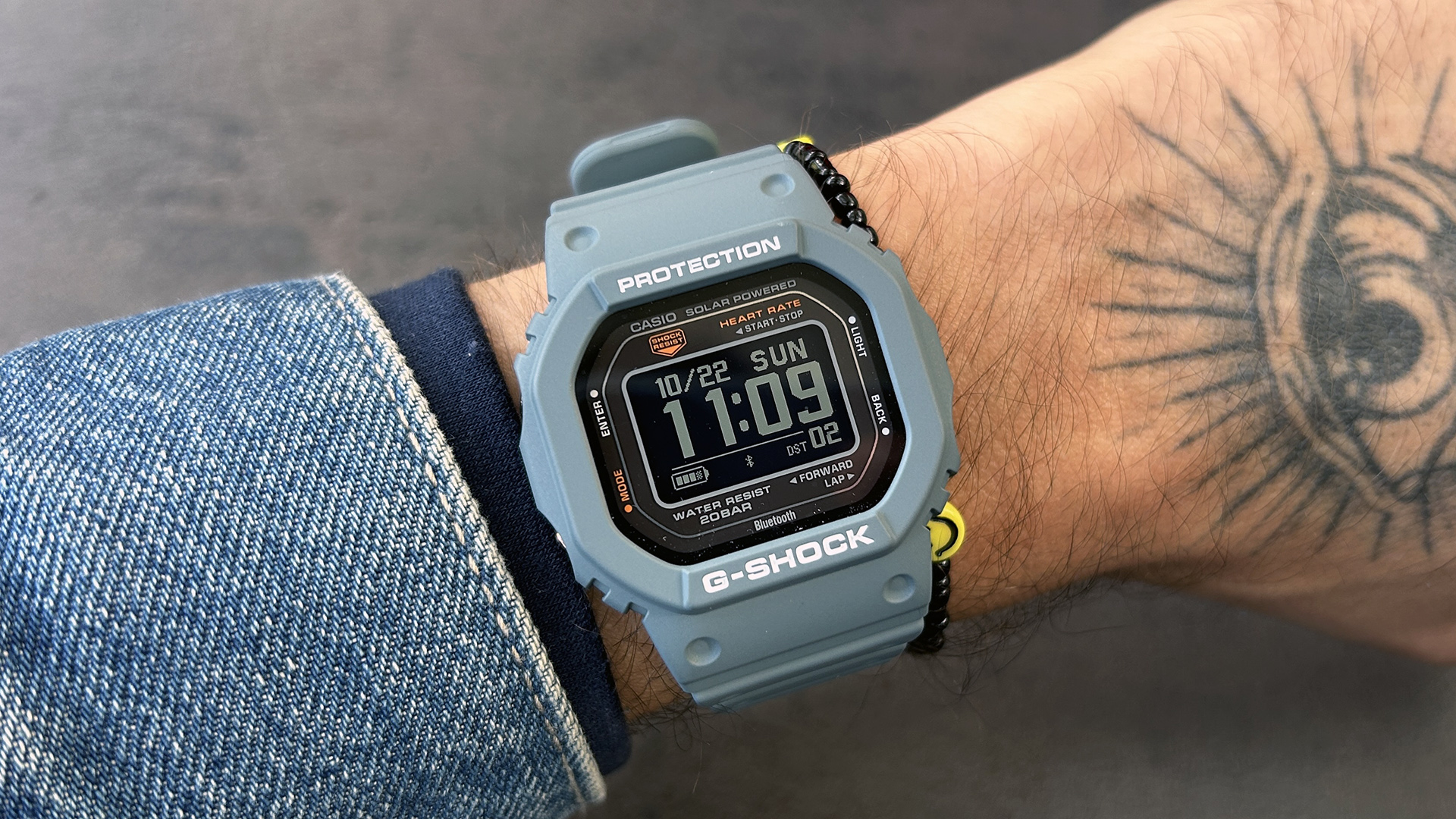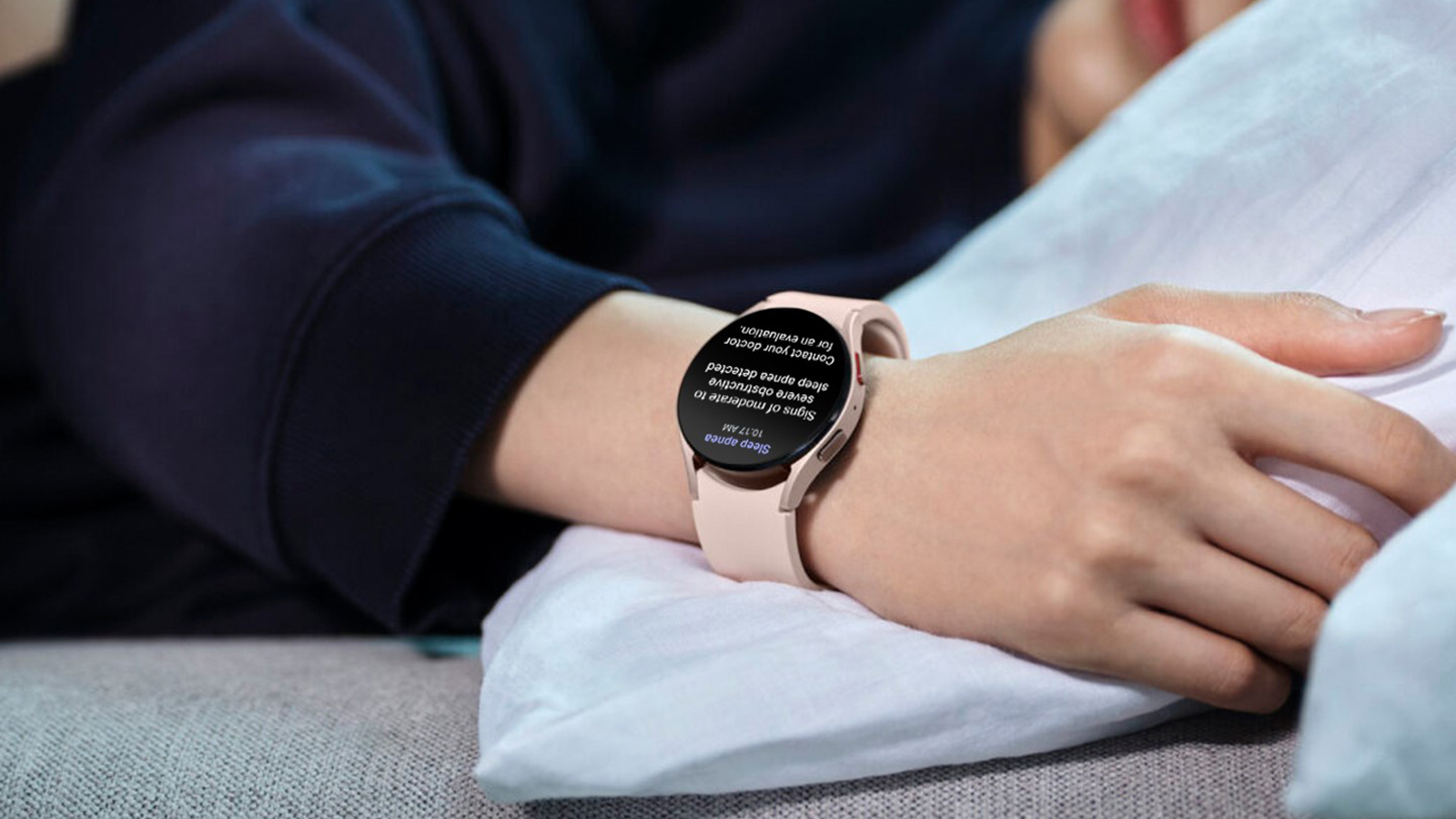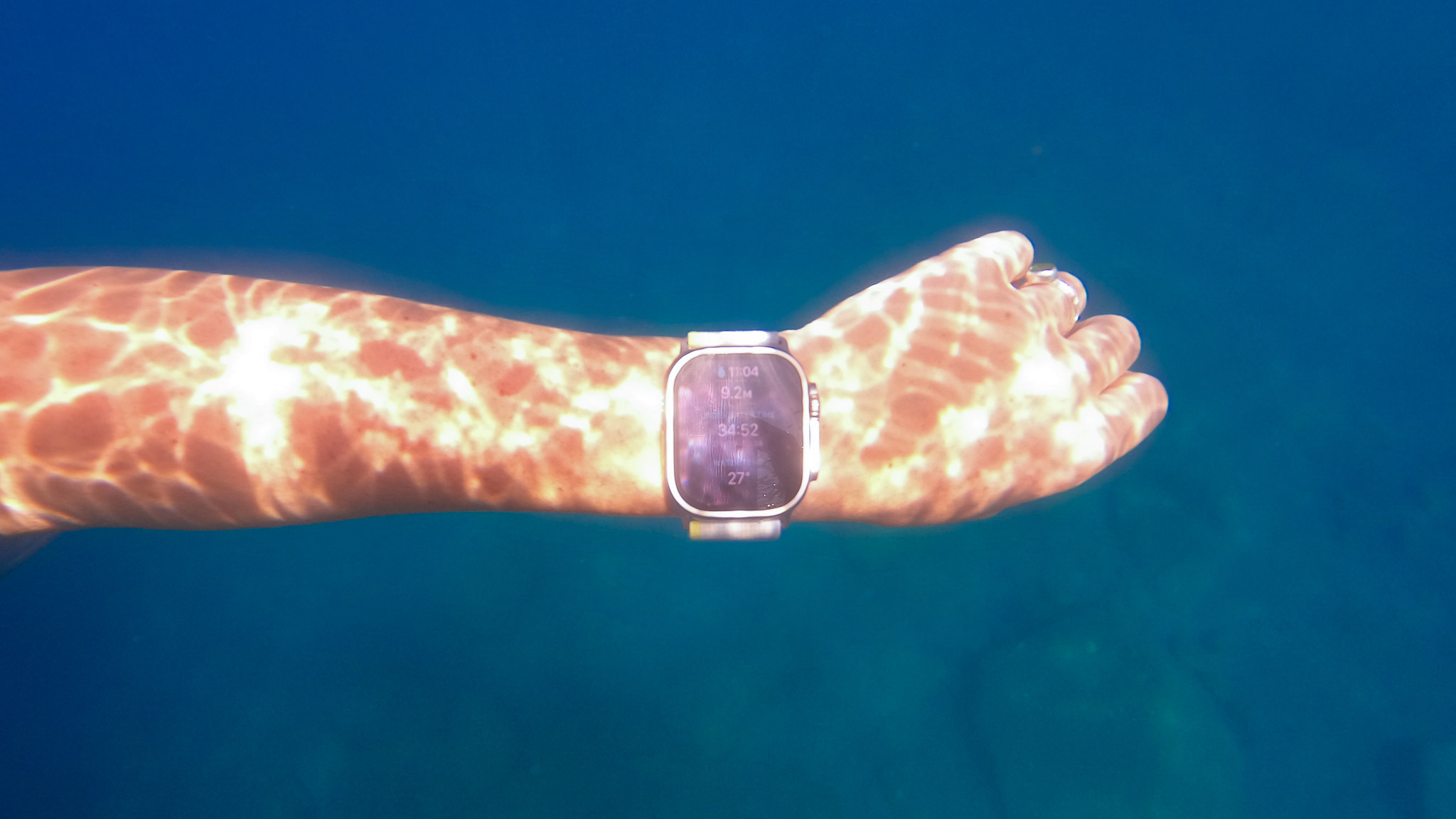9 common smartwatch-buying pitfalls and how to avoid them
Don't be swayed by marketing and avoid the most common pitfalls people encounter when buying a new smartwatch


The market for the best smartwatches is continuously getting more saturated, which is great from one perspective and very confusing from another. It's nice to have more than just a handful of wearables to choose from, but it's easy to pick the wrong model if you're new to the scene.
Here, we collected some of the most common smartwatch-buying pitfalls, from prioritising form over function to not considering app support. Most of these are also true for the best smart rings and, to some degree, the best running watches. Ready to make a more educated decision? Let's get going.
Underestimating app ecosystem
The availability of apps can significantly impact a smartwatch's utility. Not many new smartwatch users know or appreciate that companion apps play a significant role in how well the wearables perform—not to mention the apps available on the watch itself!
Failing to research the app ecosystem before purchasing can result in limited functionality or the absence of apps that cater to your specific needs. Underestimating the importance of a robust app ecosystem can limit the device's usefulness and versatility.
Neglecting long-term support
Smartwatches, like smartphones, receive frequent software updates to add new features, improve performance, and address security vulnerabilities, among other things. Going for the latest, ultra-hyped wearable from an up-and-coming brand always carries the risk of the brand going under and the watch becoming unusable after a while.
Neglecting to consider the manufacturer's track record for providing long-term support can result in a device becoming quickly outdated. Choosing a smartwatch from a manufacturer known for ongoing software updates and support ensures longevity and continued functionality.
Prioritising form over function
Now, this is a major crime! While design and aesthetics are important, prioritising form over function can be a pitfall. Luckily, these days, you'll find at least a few alternatives to every smartwatch, making it easier to switch brands if necessary.
Get all the latest news, reviews, deals and buying guides on gorgeous tech, home and active products from the T3 experts
Focusing solely on the appearance of the smartwatch without considering its features, compatibility, and usability can lead to disappointment if the device doesn't meet your needs or expectations in terms of functionality and performance.

Underestimating comfort
Comfort is another crucial factor that's often underestimated. Failing to consider factors like strap material, weight, and size can result in discomfort or irritation when wearing the smartwatch for extended periods.
Metal smartwatch bracelets are cool and all, but they are uncomfortable to wear all day long, meaning you'll miss out on crucial sleep and stress tracking insights. Ignoring comfort can lead to reluctance to wear the device regularly, undermining its usefulness in tracking fitness or providing notifications.
Falling for marketing hype
This is probably the worst offence of them all! It's easy to be swayed by marketing hype or flashy advertising when choosing a smartwatch. The tech industry is also notorious for pushing for continuous product updates to stay ahead of the curve, which often results in redundant releases and disappointing upgrade experiences.
Falling for exaggerated claims or unrealistic promises can lead to disappointment when the device fails to live up to expectations. It's essential to research independently and read reviews from reputable sources to make an informed decision based on facts rather than marketing hype.
Disregarding health and fitness tracking accuracy
Many people purchase smartwatches for their health and fitness tracking capabilities. However, not all smartwatches are created equal when it comes to accuracy.
Apple's sleep-tracking ability (especially the sleep stage-demarcation) has been criticised before, and Garmin is infamous for pushing people too much when it comes to exercise. The Oura Ring Gen 3 is probably one of the best sleep trackers, but it's not a proper workout companion (yet).
Disregarding the accuracy of features like heart rate monitoring, step counting, and sleep tracking can lead to inaccurate data and unreliable insights into your health and fitness progress.

Forgetting about water resistance
If you lead an active lifestyle or simply want the convenience of wearing your smartwatch all the time, even when you do the washing up or wash your hands, water resistance is essential. You don't need a smartwatch with the diving capabilities of the Apple Watch Ultra 2, but some water resistance is beneficial.
Forgetting to check a smartwatch's water resistance rating can result in damage or malfunction if it's exposed to water during activities like swimming, showering, or even heavy rain. Ensuring that your smartwatch is adequately water-resistant can prevent costly repairs or replacements due to water damage.
Overlooking compatibility
One of the most common pitfalls is failing to check compatibility with your smartphone. Smartwatches are often designed to work seamlessly with specific operating systems (e.g., iOS or Android). Buying a smartwatch that isn't compatible with your smartphone can result in limited functionality or incompatibility altogether.
It probably goes without saying at this point that Apple Watches only work with iPhones and the Google Pixel Watch 2 won't work with non-Android smartphones. Garmin watches work with most operating systems, while Huawei watches work better on Huawei smartphones and iPhones.
Ignoring battery life
Battery life is a crucial consideration that's often overlooked. Some smartwatches have short battery life (**cough** Apple Watch **cough**), requiring frequent recharging, which can be inconvenient, especially if you rely on features like GPS or continuous heart rate monitoring. Ignoring battery life can lead to frustration and dissatisfaction with the device's performance.

Matt Kollat is a journalist and content creator for T3.com and T3 Magazine, where he works as Active Editor. His areas of expertise include wearables, drones, action cameras, fitness equipment, nutrition and outdoor gear. He joined T3 in 2019.
His work has also appeared on TechRadar and Fit&Well, and he has collaborated with creators such as Garage Gym Reviews. Matt has served as a judge for multiple industry awards, including the ESSNAwards. When he isn’t running, cycling or testing new kit, he’s usually roaming the countryside with a camera or experimenting with new audio and video gear.